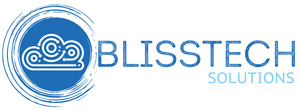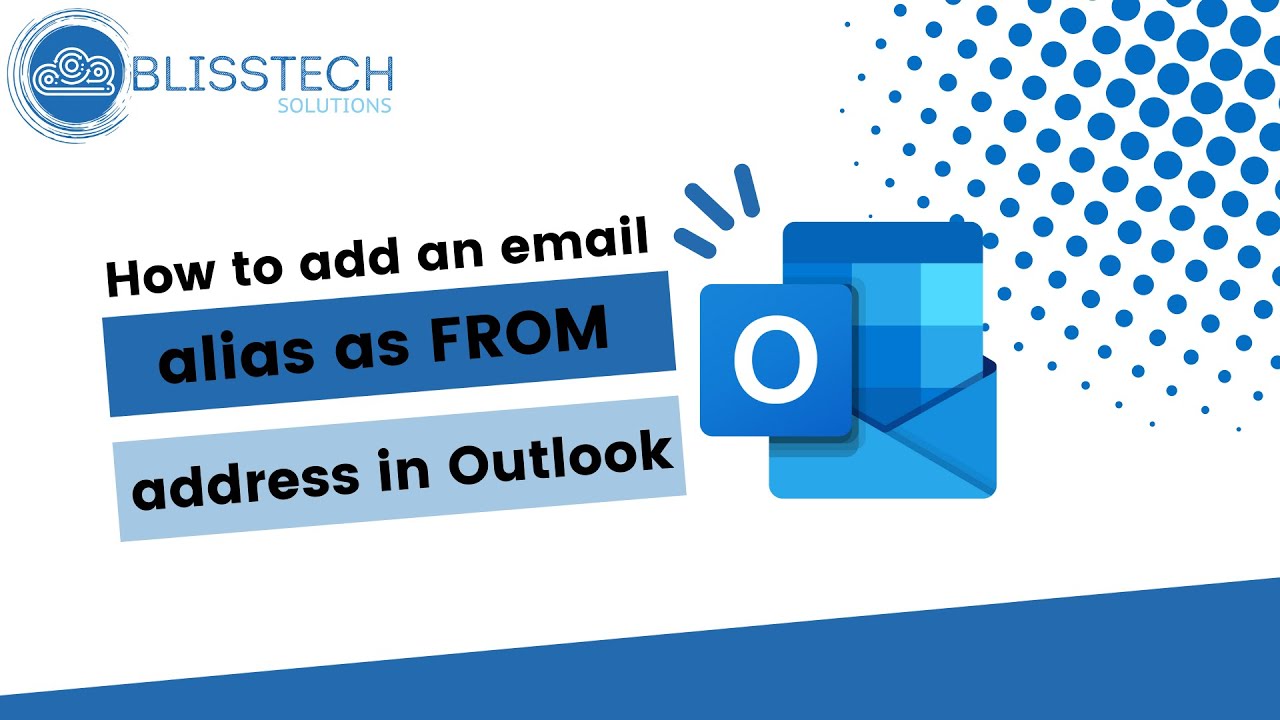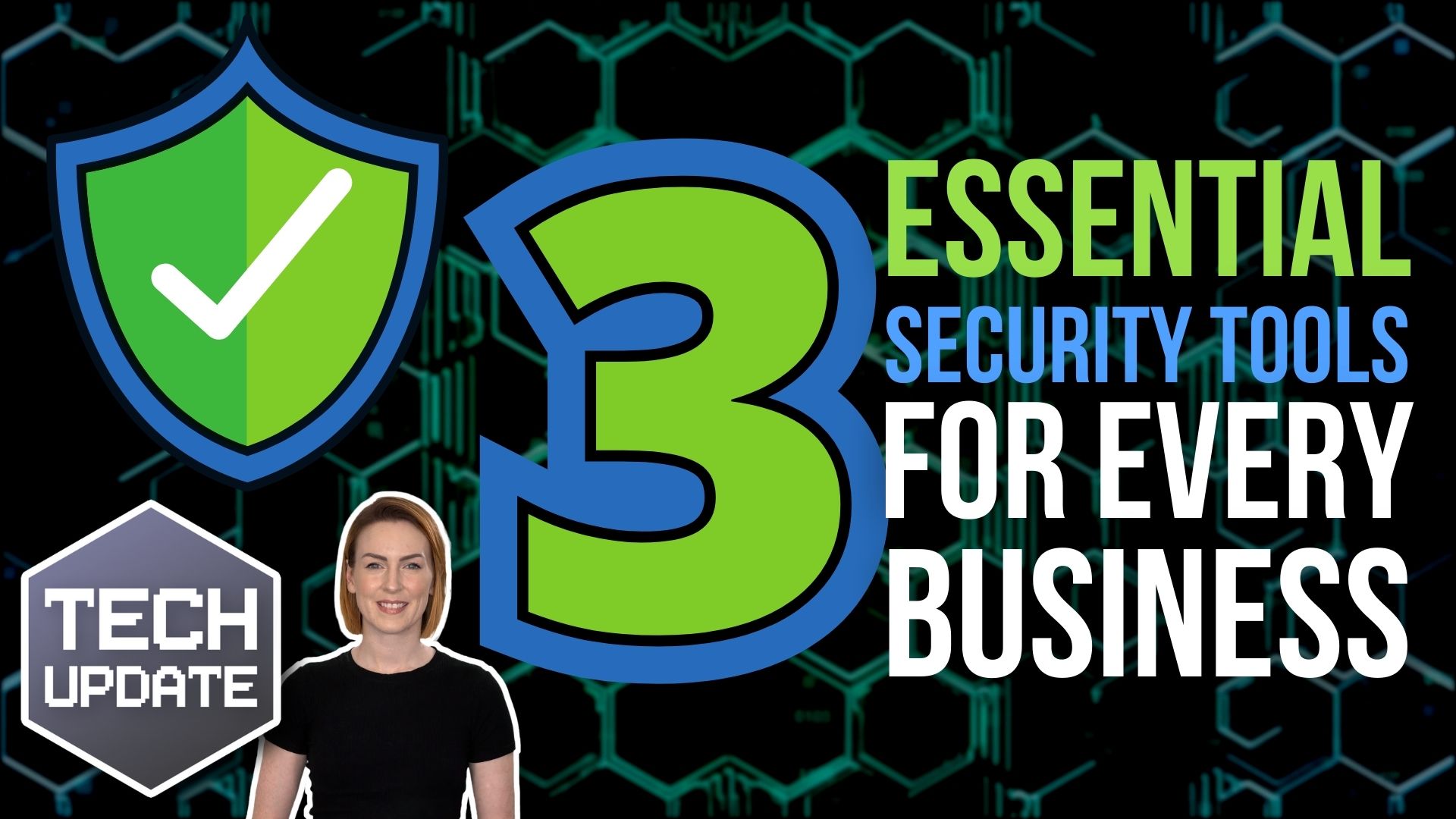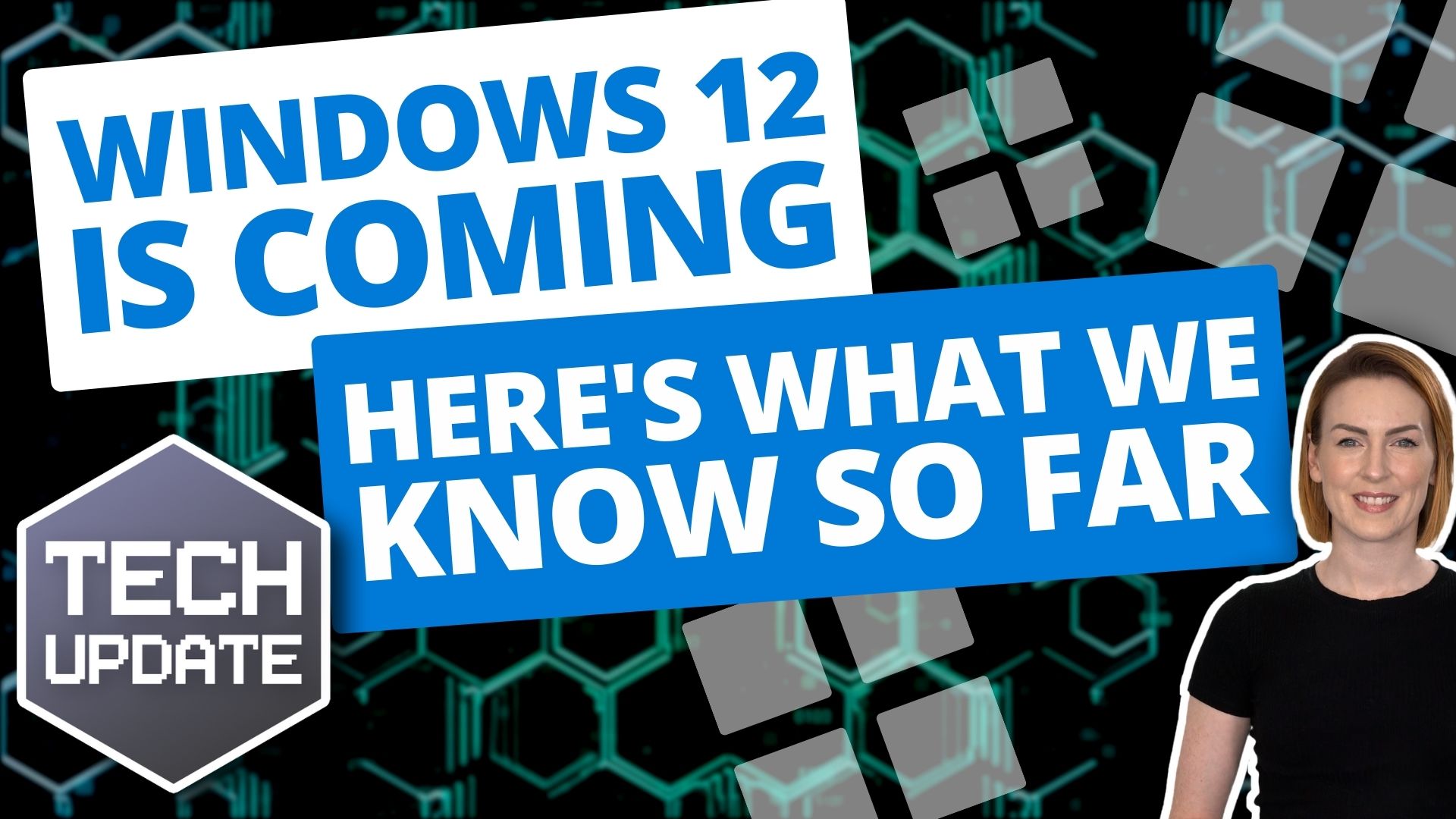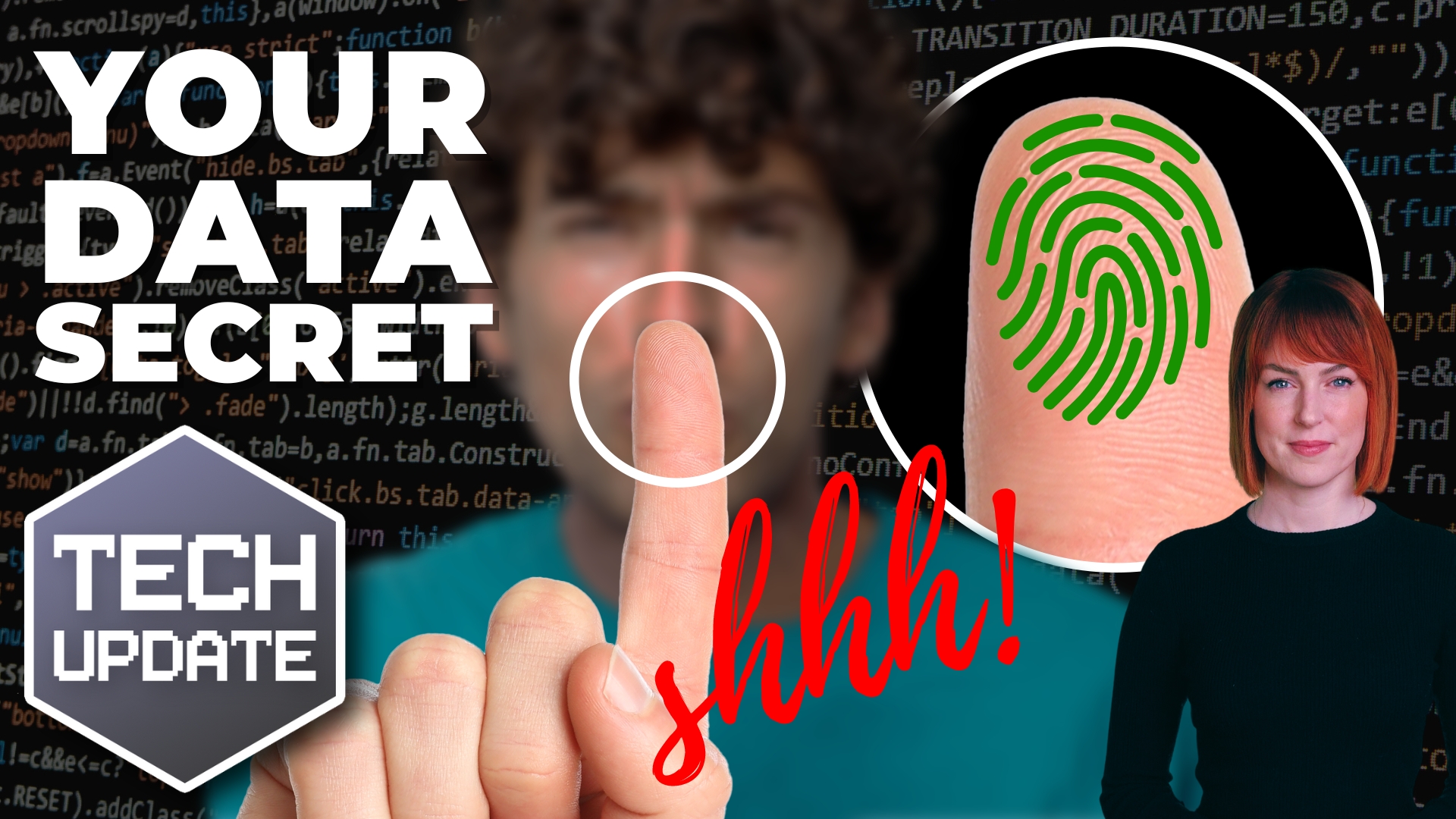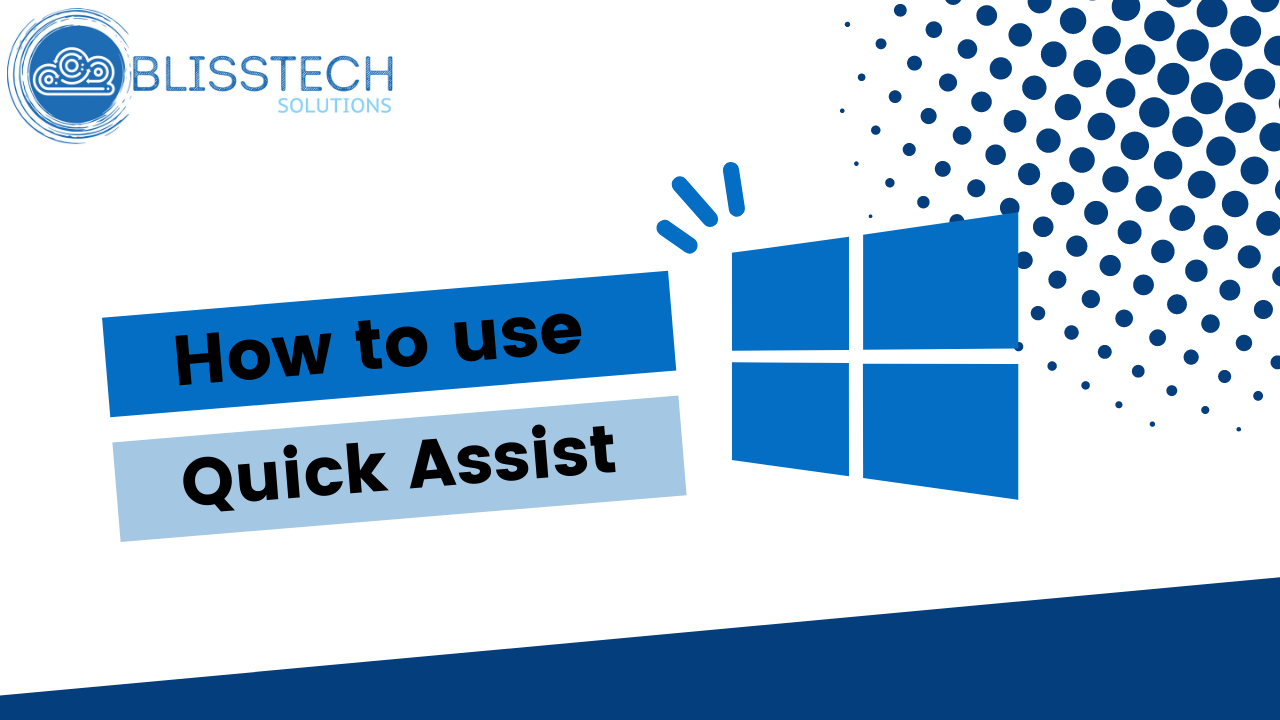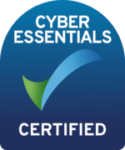Broadly speaking there are two different types of desktop computer users; Windows users and Mac users (sorry Linux users but you are very much in the minority).
Microsoft has included a free antivirus solution called Windows Defender for years because they realised that most malware was aimed at Windows users. Even so, many Windows users will use a third-party antivirus solution to provide extra protection.
Apple Macs also come with their own built-in security solution called XProtect, but conversely, most Mac users believe that additional security protection is not needed. This was exacerbated by an Apple marketing campaign that suggested that Mac could not get malware. This is simply not true.
It is true that Apple Macs are inherently more secure than Windows because of the way the operating system works. However, they are not immune from malware and there are more threats aimed at Macs than ever before.
Wait, aren’t “Malware” and viruses the same thing?
No. A virus is a type of malware but not every piece of malware is a virus. A virus is a particular type of malware that is able to spread itself, just like a biological virus. However, these days most malware does not spread that way. Far more malware is spread through e-mail, websites or infected software. We have become used to calling the software we install on our computers to protect against malware “antivirus” software, but it does a lot more than protect you from viruses. It will protect you from a whole variety of threats there are too numerous to go into here.
“Antivirus” software is a set of programs designed to protect your computer from cybersecurity threats. It runs in the background, constantly scanning your computer for any threats. If it finds something suspicious, it will either remove the threat or quarantine it so that it can’t do any damage.
Is there malware that can infect Macs?
Before answering that question, it is worth considering why malware is created in the first place. Some of it is created to gain notoriety, some of it is created by nation-states for cyber espionage, but the majority of it is created for monetary gain. That is, criminals are creating malware to either extort money or make money in other ways such as through Cryptojacking.
Years ago, over 90% of all computers were Windows systems. Today Windows still has a very large market share, but Mac usage has eaten into that as shown in the chart below.
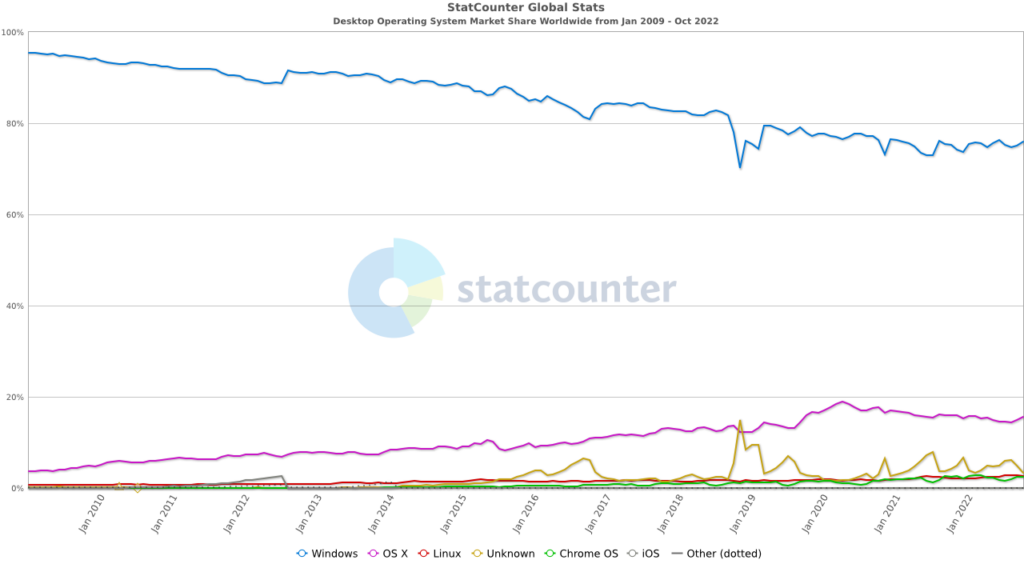
This means it is now more worthwhile for criminals to write malware and potentially unwanted applications (PUAs) for Apple Macs as they can make money out of it. You will see this trend in the chart below which shows a massive jump in 2020 which coincided with more people working from home computers. Hackers are not stupid and they realised that many people having to work from home using personal computers would use a Mac, so more people using Macs had access to business data during the pandemic.

There are 1.8M known active threats for Mac OS. This pales into insignificance to the 1B threats on Windows, and even the 4M threats on Linux (which is probably because of the rise of Linux use for business systems in the cloud) but it is still a growing threat.
So, do I need Antivirus on a Mac?
In short, yes, we recommend that you do, certainly if you use a Mac for business use. While Apple’s operating system is inherently more secure than Windows, this doesn’t mean that Macs are immune to malware. In fact, there have been high-profile malware attacks on Macs for years, such as the “Keydnap” virus that targeted Macs back in 2016. Antivirus is the best way to protect your Mac from these kinds of threats.
While the built-in XProtect system does scan for malware, it does not have the advanced features of third-party antimalware solutions and is reliant on Apple updates to get up-to-date protection. Apple is not a security company and will not be as good as dedicated security software vendors at finding and stopping new threats.
There are a number of different antivirus programs available for Macs, so you can choose the one that best suits your needs. For business use, we recommend a solution that reports the security status of all systems to a central console. Using such a solution ensures that all systems (Windows, Mac and Linux) can be centrally configured, and malware detections are reported to a central location that is monitored so alerts can be responded to quickly.
If you would like to know more about the options available to your business, please get in touch.
